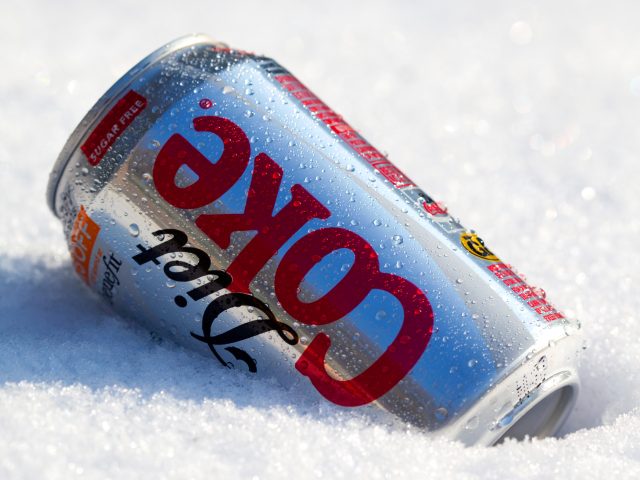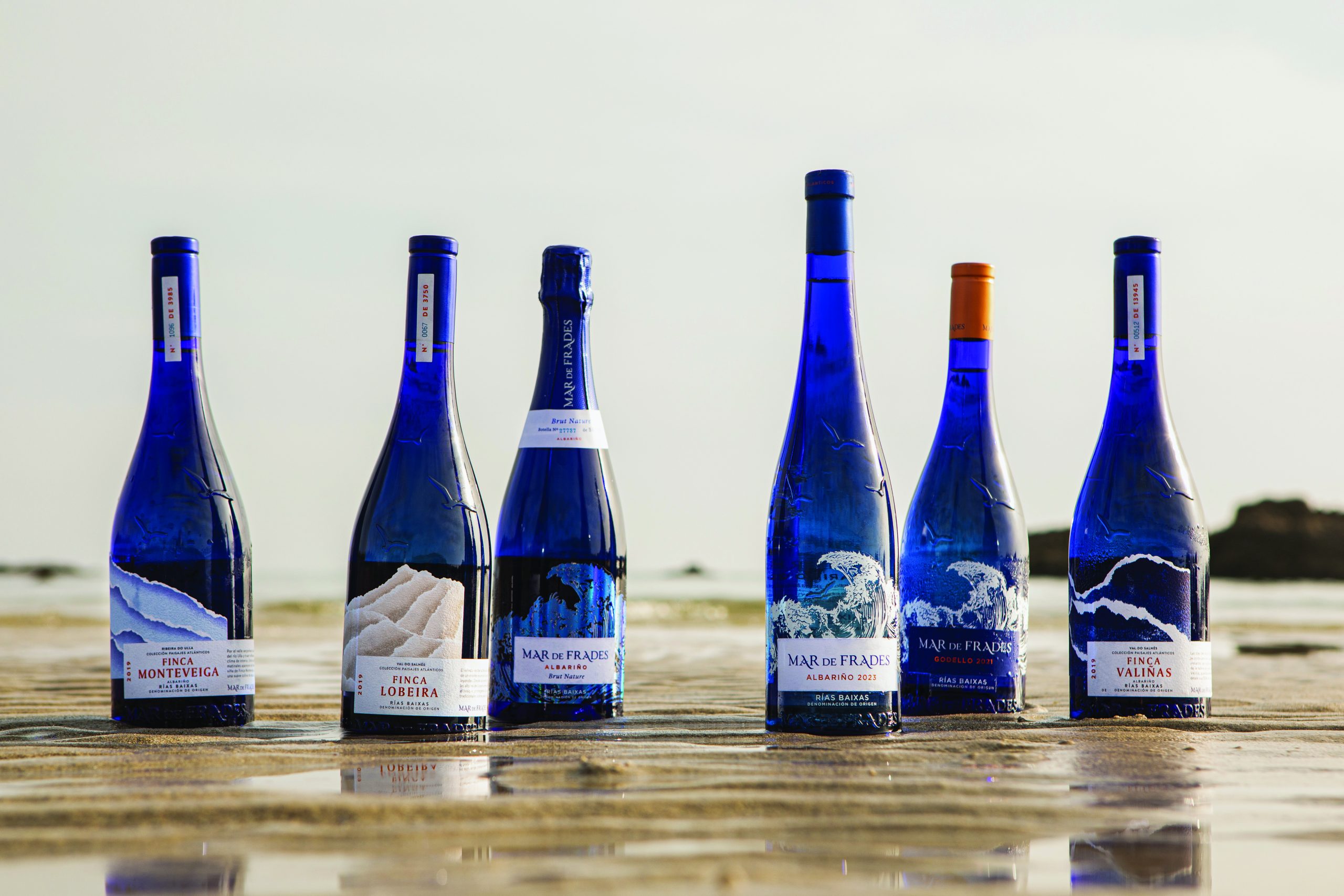WHO re-affirms Diet Coke ingredient ‘safe’ to drink
Aspartame-sweetened drinks such as Diet Coke are safe, according to a definitive new finding issued jointly by the World Health Organization (WHO) and the UN Food and Agriculture Organization (FAO).

The WHO and FAO Joint Expert Committee on Food Additives (JECFA) reviewed decades of evidence and real-world consumption data, establishing an Acceptable Daily Intake (ADI) at which aspartame can be safely consumed daily over the course of an entire lifetime.
WHO Senior Epidemiologist Moez Sanna has now said that data shows even high consumers of aspartame consume ten-times less than the level at which the review shows no risk.
Also since the IARC leak, the UK Food Standards Agency and the Irish Food Safety Authority each affirmed their view that aspartame is safe. Other regulators publicly affirmed their aspartame approvals include Australia and New Zealand, Norway, and Finland, it was reported.
Cancer risk
The news follows stories last month claiming that aspartame, which is in a number of sugar-free drinks and also foods, would be put by a WHO sub-agency (IARC) in the same cancer hazard category as aloe vera and pickled vegetables.
The information from the reports stated the decision was reached by a group of external experts whose primary role involves assessing whether products present a potential hazard based on all the published evidence.
Partner Content
However, despite the revelation, the IARC has been criticised for its decisions causing needless panic and alarm without context or further clarity. Especially after reports have also historically seen the IARC listing activities such as working overnight and eating red meat as “probable” cancer-causing along with using mobile phones as also being a potential threat.
Comprehensive
Dr. Susan Elmore, a toxicology expert who participated as an observer in the IARC aspartame review said the JECFA conclusion “provide the most comprehensive assessment of any actual impact on human health” from the ingredient. Since IARC only looks at the hazard potential and not risk, she said, “it does not paint a full picture of the safety of an ingredient, like aspartame, and as a result can cause unnecessary public confusion.”
In addition, University of Toronto Professor of Medicine and sweetener research expert John Sievenpiper, said the ingredient was a “safe tool” to reduce calories and sugars in the diet, and was “one of the most extensively studied ingredients with over 40 years of high-quality science supporting its safety”.
He said: “The best available evidence from large population studies shows that low and no-calorie sweeteners as a replacement strategy for added sugars is associated with reductions in important public health outcomes such as obesity, cardiovascular disease and death.”
ICBA Executive Director Kate Loatman welcomed the findings, stating: “This definitive conclusion by the world’s leading health and food safety experts once again affirms that aspartame is safe. After rigorous review, this landmark WHO and FAO finding further strengthens confidence in the safety of aspartame and will play a vital role in informing consumers as they consider all options to reduce sugar and calories in their diets.
“JECFA’s comprehensive conclusion that aspartame is safe builds on the overwhelming weight of scientific evidence for more than four decades, as well as positive determinations by food safety authorities in more than 90 countries.”
Related news
‘The role of Ozempic isn’t just about reduced consumption, it’s about a shift in values’
‘The industry has been lazy’: calls for affordability and innovation in wine
Moderate drinking linked with lower mortality in Parkinson’s patients




